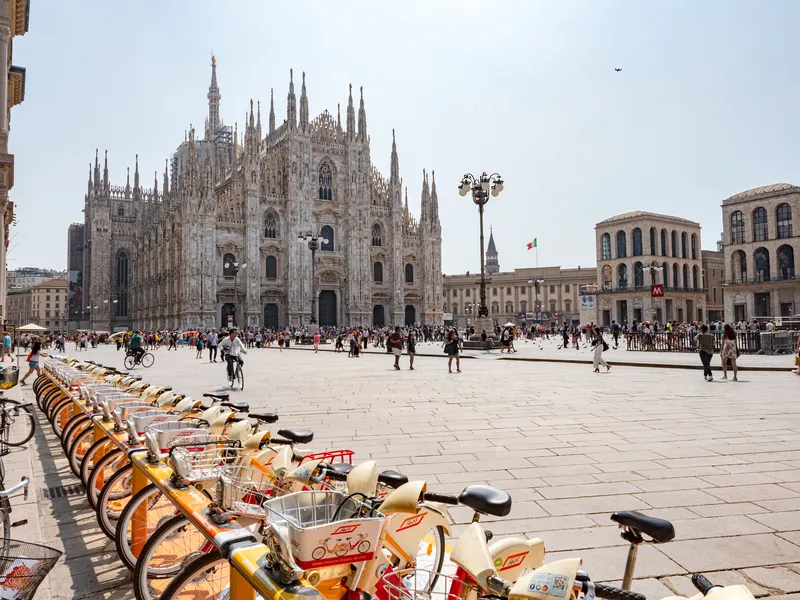Transport services and town centres across London have been given a New Year boost, as the Mayor and Transport for London (TfL) confirm US$218 million in funding for the London boroughs in 2016/17.
The annual borough funding is provided by TfL to help the boroughs pay for local transport projects set out in their Local Implementation Plans (LIPs). LIPs are plans that show how the boroughs will support the Mayor’s Transport Strategy in their area. For 2016/17, TfL's financial support for the boroughs’ LI
January 4, 2016
Read time: 2 mins
Transport services and town centres across London have been given a New Year boost, as the Mayor and 1466 Transport for London (TfL) confirm US$218 million in funding for the London boroughs in 2016/17.
The annual borough funding is provided by TfL to help the boroughs pay for local transport projects set out in their Local Implementation Plans (LIPs). LIPs are plans that show how the boroughs will support the Mayor’s Transport Strategy in their area. For 2016/17, TfL's financial support for the boroughs’ LIPs has been maintained and will fund improvements that benefit local communities.
The funding will support a range of different transport projects delivered by the boroughs across London. Local areas will see safer roads, including junction improvements and pedestrian crossings, as well as better public spaces, improved walking facilities and cycling made safer and easier.
The Mayor of London, Boris Johnson MP, said: “This latest round of funding will help to transform scores of locations in all four corners of our great city. It is specifically targeted to help make our roads, town centres and open spaces more attractive places with better facilities for walking and safer cycling. By helping the boroughs deliver on important local transport schemes, we can help to spur jobs and growth across London.”
London’s Transport Commissioner, Mike Brown MVO, said: “Londoners will see real improvements to their local areas as a result of this funding. Working with London boroughs, hundreds of transport projects will be delivered that will benefit pedestrians and road users, through safer streets and improved public squares and shopping areas. These improvements will help transform communities and boost the local economy.”
The annual borough funding is provided by TfL to help the boroughs pay for local transport projects set out in their Local Implementation Plans (LIPs). LIPs are plans that show how the boroughs will support the Mayor’s Transport Strategy in their area. For 2016/17, TfL's financial support for the boroughs’ LIPs has been maintained and will fund improvements that benefit local communities.
The funding will support a range of different transport projects delivered by the boroughs across London. Local areas will see safer roads, including junction improvements and pedestrian crossings, as well as better public spaces, improved walking facilities and cycling made safer and easier.
The Mayor of London, Boris Johnson MP, said: “This latest round of funding will help to transform scores of locations in all four corners of our great city. It is specifically targeted to help make our roads, town centres and open spaces more attractive places with better facilities for walking and safer cycling. By helping the boroughs deliver on important local transport schemes, we can help to spur jobs and growth across London.”
London’s Transport Commissioner, Mike Brown MVO, said: “Londoners will see real improvements to their local areas as a result of this funding. Working with London boroughs, hundreds of transport projects will be delivered that will benefit pedestrians and road users, through safer streets and improved public squares and shopping areas. These improvements will help transform communities and boost the local economy.”








